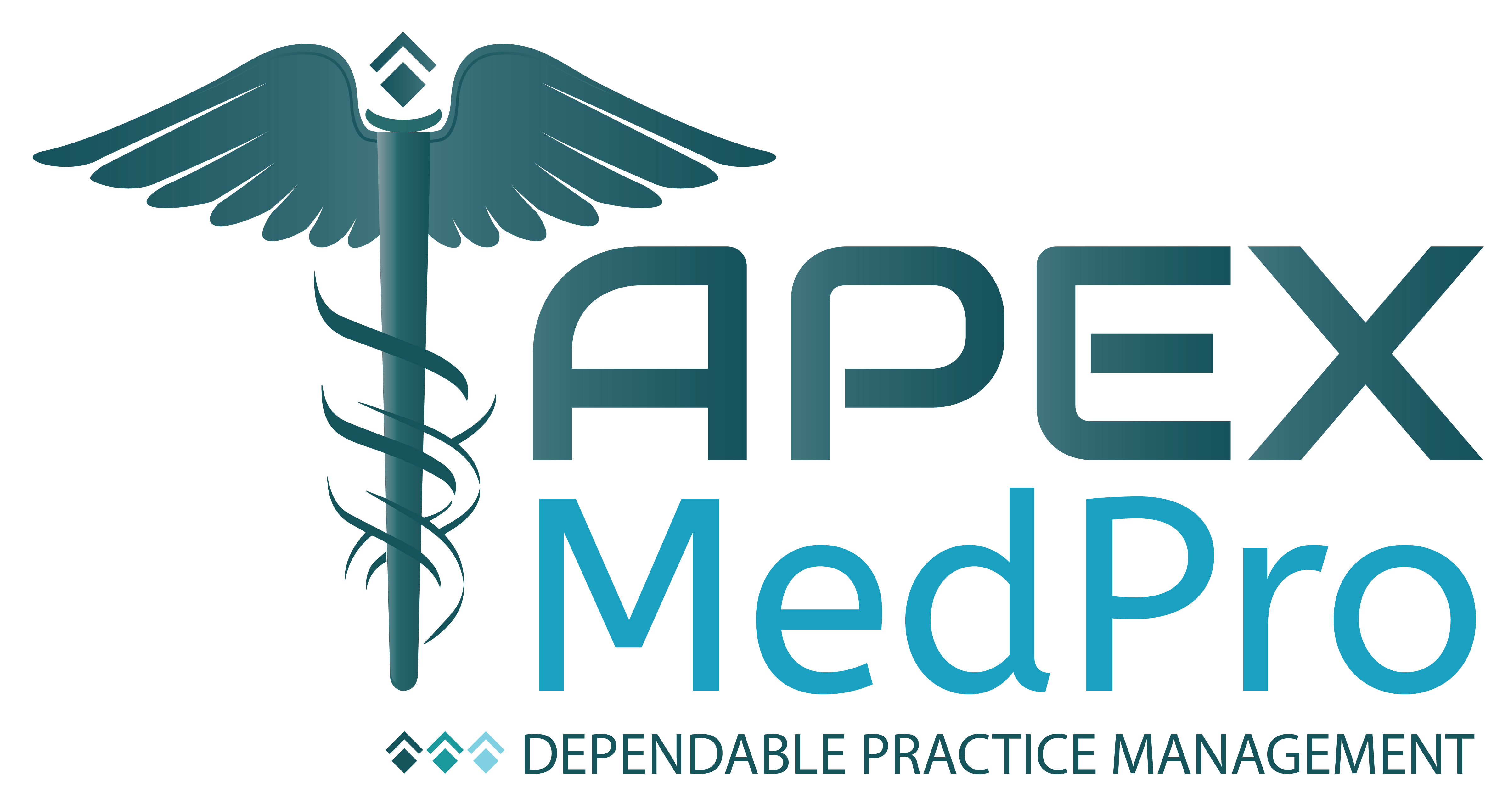Introduction
The COVID-19 pandemic has had a profound impact on various sectors of the healthcare industry. One area that has experienced significant changes and challenges is medical billing and coding. The intricate processes involved in documenting, submitting, and reimbursing healthcare services have been greatly influenced by the pandemic.
This blog post will delve into the specific ways in which COVID-19 has affected medical billing and coding practices.
Telehealth and Remote Services
The pandemic necessitated a rapid shift towards telehealth and remote services to minimize the risk of virus transmission. This transition posed unique challenges for medical billing and coding. The traditional coding system had to be adapted to accommodate telehealth visits, virtual consultations, and remote monitoring. New guidelines and codes were introduced to accurately capture and bill for these services. Medical coders had to quickly familiarize themselves with these changes to ensure proper reimbursement.
Changes in Reimbursement Policies
COVID-19 resulted in the implementation of numerous policy changes and updates from government and private payers. These changes affected reimbursement rates, billing requirements, and coverage for COVID-related services. For instance, there were modifications in the coverage of telehealth services, waiving certain copayments, and expanding coverage for COVID testing and treatment. Medical billers and coders had to stay informed and updated on these rapidly evolving policies to ensure accurate reimbursement.
Increased Documentation Requirements
With the emergence of COVID-19, the need for comprehensive documentation became more crucial than ever. The documentation requirements for COVID-related services, including testing, treatment, and vaccinations, were more extensive to support proper coding and billing. Medical coders had to ensure that the medical records accurately reflected the services provided, including the appropriate diagnosis codes and any necessary modifiers.
Coding Challenges and Updates
COVID-19 brought about several coding challenges for medical billers and coders. The introduction of new diagnosis codes specific to COVID-19, such as U07.1 for confirmed cases and U07.2 for suspected cases, required coders to be well-versed in these additions. Additionally, the evolving guidance from organizations like the Centers for Disease Control and Prevention (CDC) and the World Health Organization (WHO) necessitated regular updates to coding guidelines and instructions. Medical coders had to adapt quickly to ensure accurate coding and billing for COVID-related services.
Increased Denials and Claim Rejections
The pandemic led to an increase in claim denials and rejections due to various reasons. The changes in coding guidelines, evolving payer policies, and increased volume of claims all contributed to this rise. Medical billers had to carefully review claims, address any errors or discrepancies promptly, and resubmit them for reimbursement. It became crucial for billing and coding professionals to stay vigilant in their efforts to prevent denials and rejections.
Financial Impact on Healthcare Providers
COVID-19 had a significant financial impact on healthcare providers, especially smaller practices and clinics. The disruption in patient volumes, delayed elective procedures, and increased expenses for personal protective equipment (PPE) affected their revenue streams. Medical billing and coding teams played a vital role in ensuring accurate and timely reimbursement, helping providers navigate the financial challenges posed by the pandemic.
Conclusion
The COVID-19 pandemic has had a profound impact on medical billing and coding practices. The shift towards telehealth, changes in reimbursement policies, increased documentation requirements, coding challenges, and increased denials have all presented significant challenges to medical billing and coding professionals. Despite these challenges, they have demonstrated adaptability, resilience, and the ability to stay updated with rapidly changing guidelines. As the healthcare landscape continues to evolve in response to the pandemic, medical billing and coding professionals will play a crucial role in supporting healthcare providers and ensuring accurate reimbursement for services rendered.

